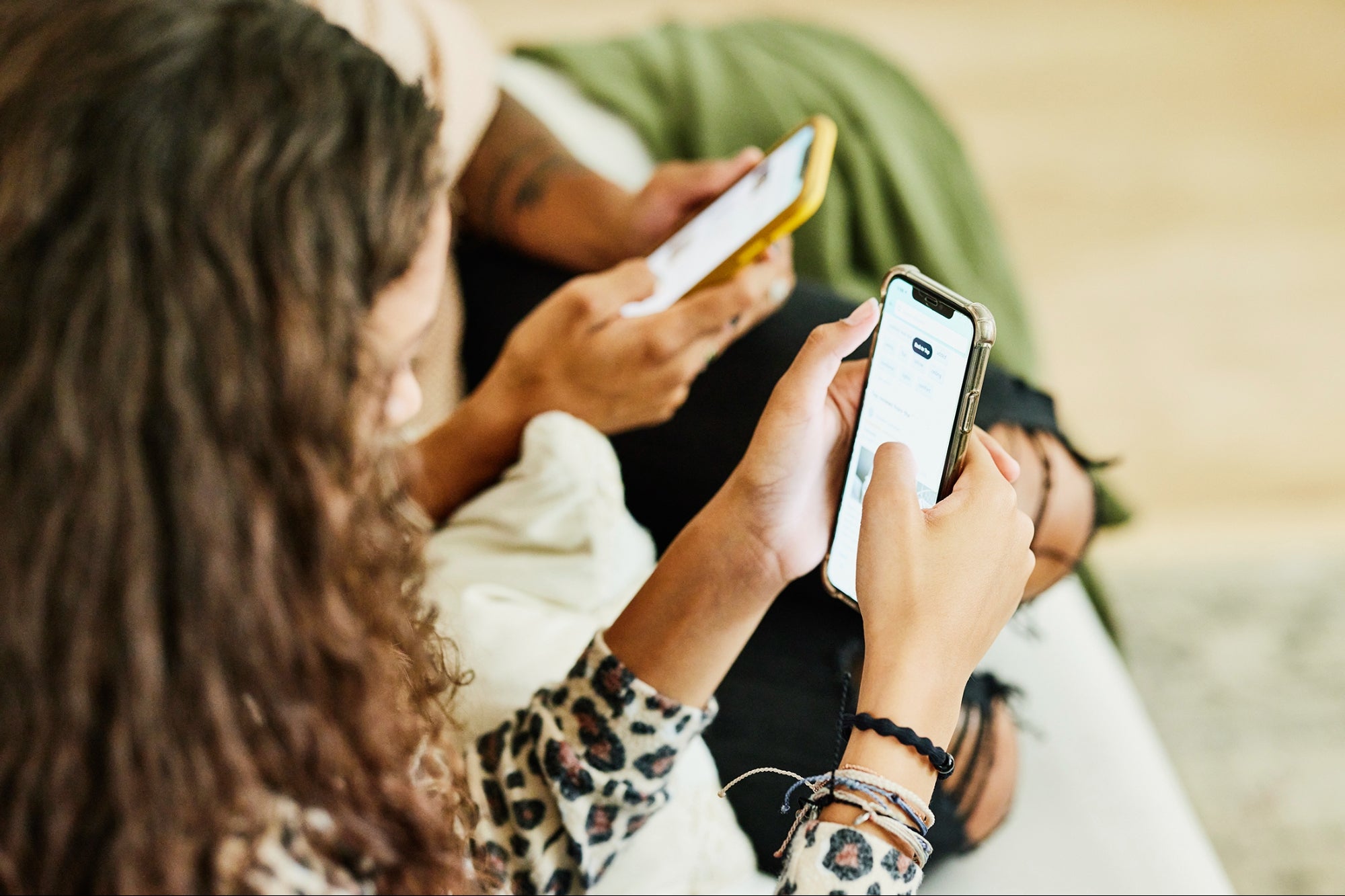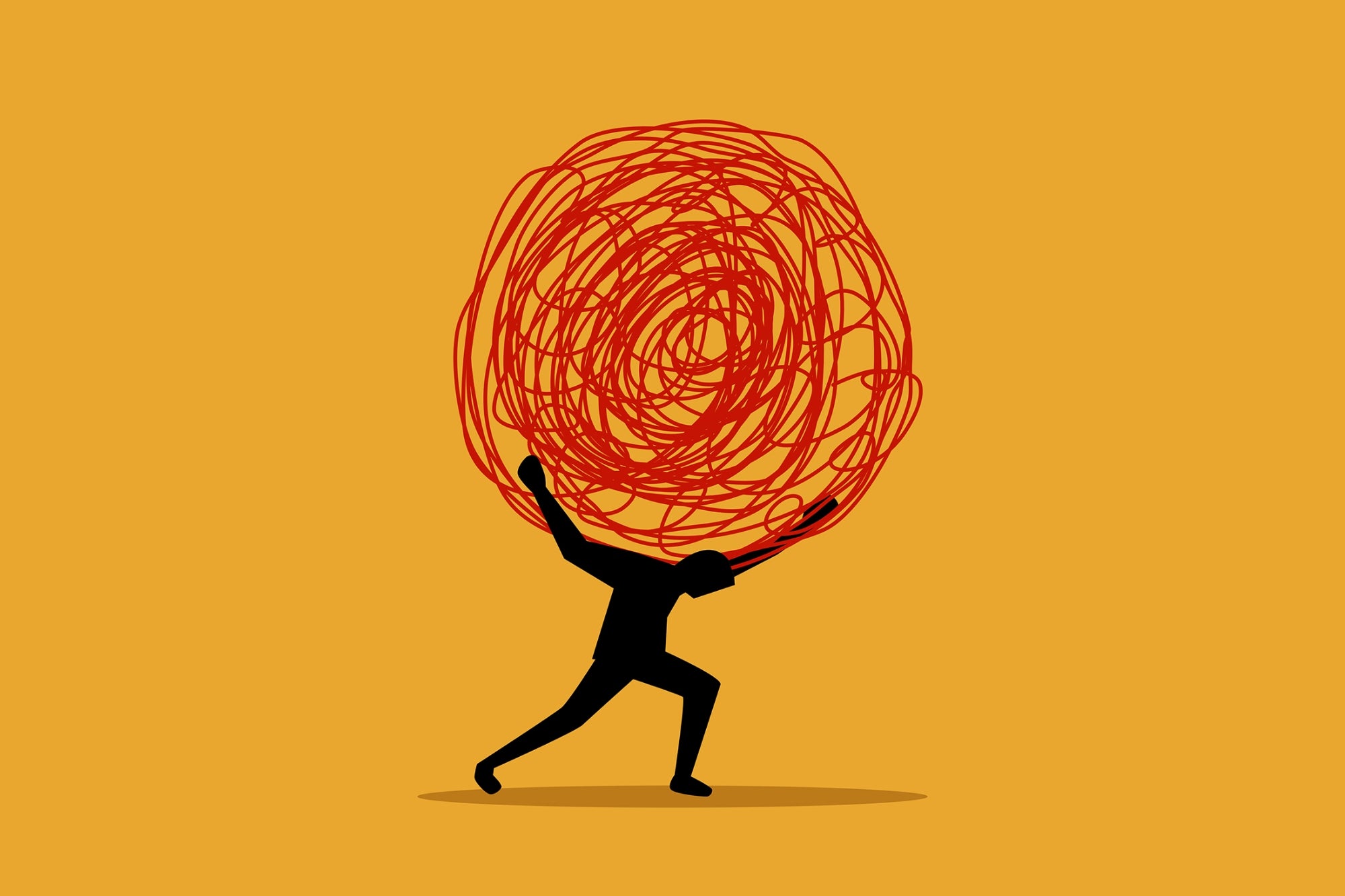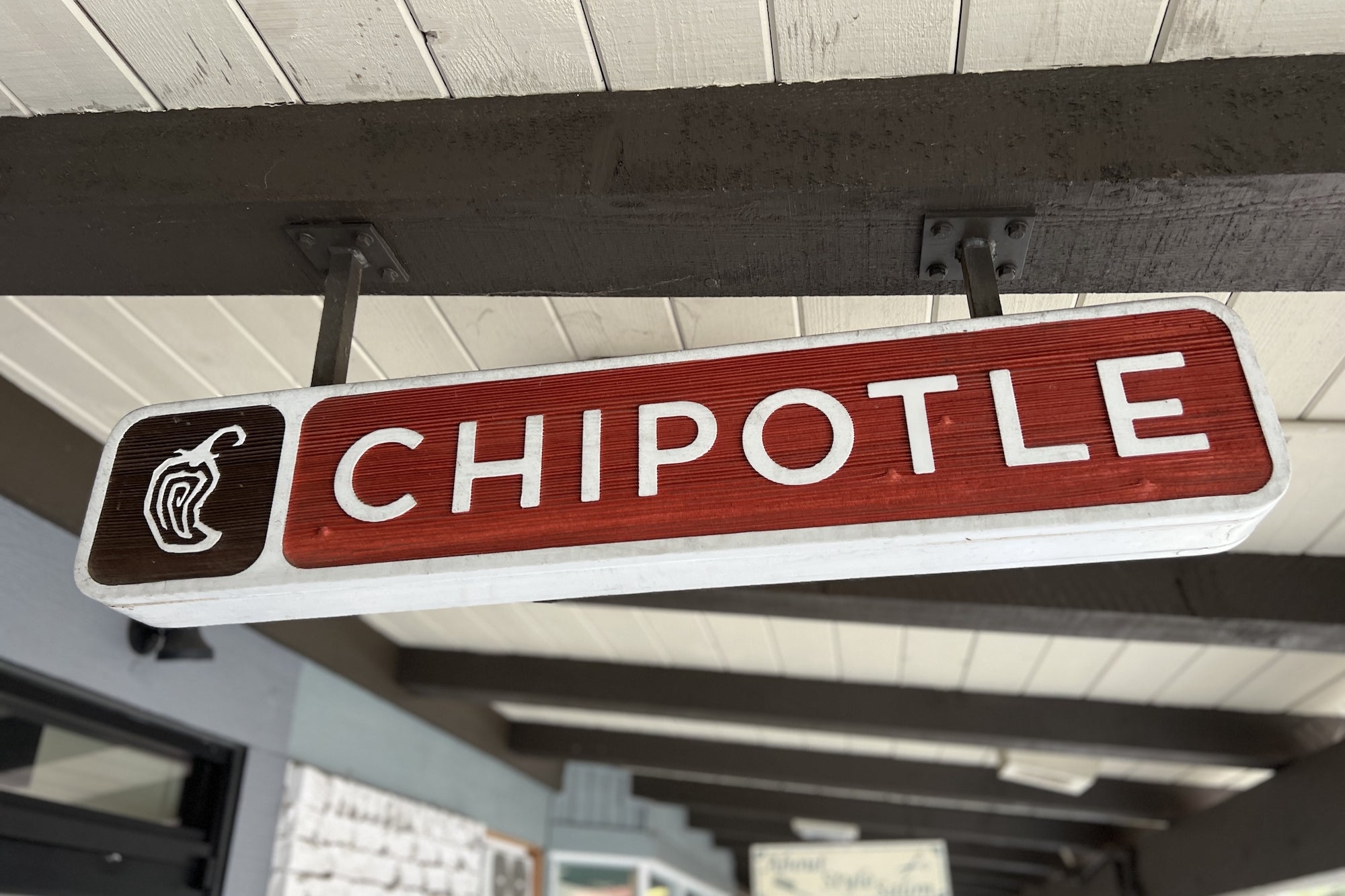Supreme Court Agrees to Hear Samsung-Apple iPhone Patent Fight The appeal to the top court could clarify how important design is to the overall value of products involved in patent disputes.
By Reuters
This story originally appeared on Reuters
The U.S. Supreme Court on Monday stepped into the high-profile patent fight between the world's two fiercest smartphone rivals, Apple and Samsung, agreeing to hear Samsung's appeal of what it contends were excessive penalties for copying the patented designs of the iPhone.
Samsung Electronics Co. Ltd. paid Apple Inc. more than $548 million in December related to a jury verdict from 2012. It is seeking to pare back the $399 million of that amount that was awarded for infringing on the designs of the iPhone's rounded-corner front face, bezel and colorful grid of icons, saying they contributed only marginally to a complex device.
Apple sued in 2011, claiming the South Korean electronics company stole its technology and ripped off the look of the iPhone.
Last May, the U.S. Court of Appeals for the Federal Circuit in Washington upheld the patent infringement verdict. The court, however, said the iPhone's appearance could not be protected through trademarks, forcing another trial later this month in federal court in San Jose, Calif., to recalculate some of the damages Apple is owed.
The appeal to the Supreme Court could clarify how important design is to the overall value of products involved in patent disputes. Samsung said in court papers that awarding total profits from the sale of its devices with those designs, even if they relate only to a small portion of the phone, allows for "unjustified windfalls" for Apple, far beyond the inventive value of the patents.
"A patented design might be the essential feature of a spoon or rug. But the same is not true of smartphones, which contain countless other features that give them remarkable functionality wholly unrelated to their design," Samsung said.
Apple urged the high court not to take the case, saying Samsung's illegal conduct was clear. Samsung consciously decided to copy the iPhone after its debut in 2007, Apple said, and soon after its mobile devices "became iPhone clones."
Samsung was supported by other major high-tech firms in the case, including Google and Facebook. The companies filed a friend-of-the-court brief, saying the Federal Circuit decision will lead to more design patent lawsuits, which will stifle innovation.
Samsung also argued that damages should not be awarded on "functional" aspects of designs, such as flat screens, which allow for the reading of documents, or rounded corners, which make phones easier to slip into a pocket.
Samsung has said in court papers that if it wins in the Supreme Court it expects to be reimbursed the money it has already paid.
(Reporting by Lawrence Hurley in Washington, and Andrew Chung in New York; Editing by Will Dunham)









